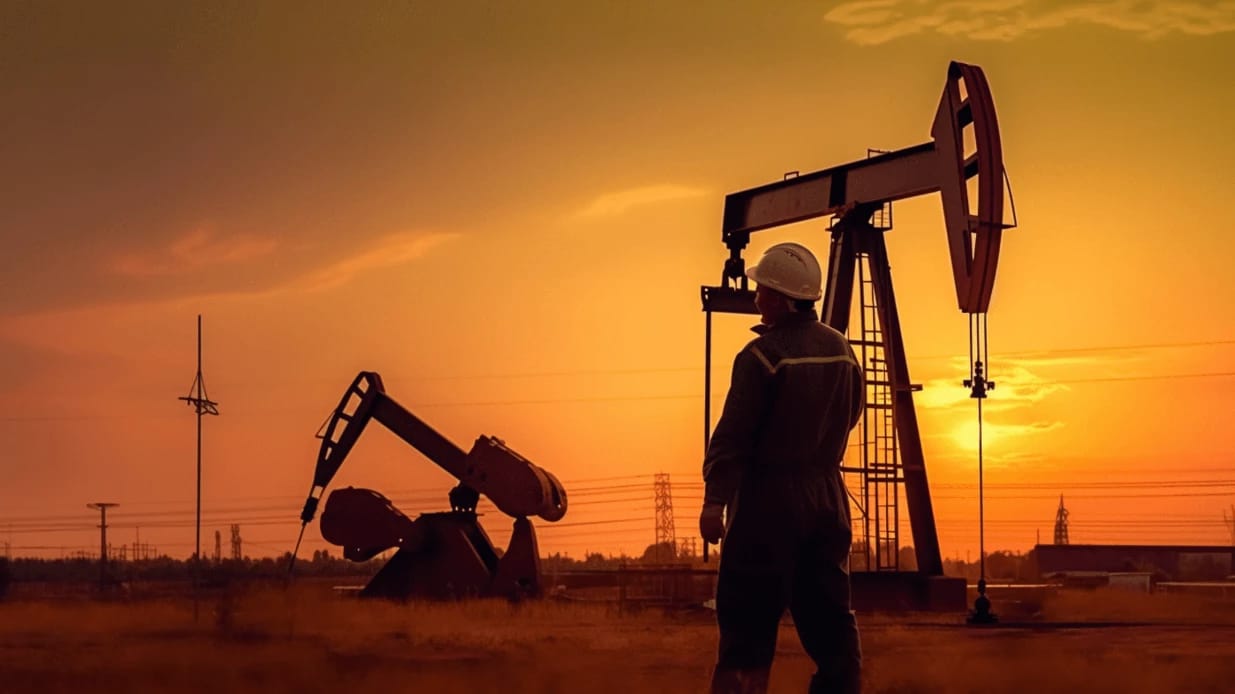
What Is Energy & Power Risks Insurance? A Thai Broker’s Guide to Industry Protection
The energy and power industries are the backbone of modern economies, fueling growth and enabling progress. Yet, these sectors face some of the most complex and high-stakes risks in the business world. From offshore drilling operations to solar farms, every energy project involves significant investment, heavy machinery, and regulatory oversight.
Energy & Power Risks Insurance is a specialized form of protection designed to shield businesses in this sector from financial losses arising from accidents, natural disasters, equipment breakdowns, and environmental liabilities. For Thai brokers, understanding this niche insurance is essential to supporting the country’s growing energy infrastructure.
Why Energy & Power Industries Face Unique Risks
Unlike many other industries, energy projects operate under extreme conditions. Oil rigs are exposed to storms, power plants face machinery breakdown risks, and renewable projects often depend on unpredictable natural resources. Add to that the complexity of regulatory compliance, and the need for specialized insurance becomes crystal clear.
The Role of Insurance in Safeguarding Energy Businesses
Insurance acts as a financial safety net, ensuring that companies can recover quickly after disruptions. Without adequate coverage, an energy company might face crippling losses that halt operations and undermine investor confidence.
Defining Energy & Power Risks Insurance
At its core, energy & power risks insurance provides comprehensive coverage for companies engaged in energy production, transmission, and distribution. Policies are designed to address the unique risks of both conventional and renewable energy projects.
Key Coverage Areas Explained
Property Damage and Machinery Breakdown
Energy operations rely on expensive, heavy-duty equipment. If turbines, generators, or drilling rigs are damaged, insurance covers repair or replacement costs.
Downtime equals lost revenue. Insurance compensates businesses for income lost during forced shutdowns caused by covered risks.
Liability and Third-Party Risks
Accidents in the energy sector can impact workers, contractors, and nearby communities. Liability coverage protects against legal claims and compensation costs.
Environmental Damage and Pollution Coverage
Energy operations carry the risk of spills, leaks, and emissions. This coverage handles cleanup costs, regulatory fines, and third-party claims.
Who Needs Energy & Power Risks Insurance?
- Oil & Gas Companies – From exploration to refining, the industry faces fire, explosion, and spill risks.
- Power Generation Plants – Including coal, gas, hydro, and nuclear, which require high-value asset protection.
- Renewable Energy Developers – Solar, wind, and biomass projects often need coverage against natural hazards.
- Engineering and Construction Firms – Contractors working on large energy infrastructure projects also benefit from protection.
Key Benefits of Energy & Power Risks Insurance
Financial Stability During Operational Disruptions
Insurance ensures business continuity by covering unexpected costs and income loss.
Protection Against Regulatory and Environmental Claims
With environmental laws tightening, coverage shields companies from heavy fines and lawsuits.
Enhanced Credibility with Stakeholders and Investors
Well-insured companies inspire confidence among lenders, partners, and regulators, strengthening long-term resilience.
The Thai Energy Market Landscape
Thailand’s Growing Renewable Energy Investments
Thailand is rapidly expanding its renewable energy portfolio, with ambitious solar, wind, and biomass projects. This transition creates new insurance demands.
Risks Specific to the Thai Energy & Power Sector
The region is prone to floods, storms, and political uncertainties, which can disrupt operations and increase risk exposure.
How Local Regulations Influence Insurance Needs
Government policies on energy production and environmental standards directly shape insurance requirements, making brokers vital advisors.
Role of a Thai Insurance Broker in Energy & Power Risks Coverage
Risk Assessment and Tailored Insurance Solutions
Brokers analyze each project’s unique vulnerabilities to recommend appropriate coverage.
Negotiating with Global Insurers for Better Terms
Experienced brokers act as middlemen, leveraging global connections to secure competitive premiums.
Claims Management and Client Advocacy
When disasters strike, brokers support clients in navigating complex claims processes to ensure fair compensation.
Challenges in Energy & Power Risks Insurance
- Rising Costs of Coverage Due to Climate Risks – Extreme weather events are pushing premiums higher.
- Complex Risk Evaluations in Emerging Energy Technologies – Insurers must adapt to new risks posed by innovative technologies like offshore wind or smart grids.
Best Practices for Energy Companies Seeking Insurance
- Conduct Comprehensive Risk Assessments – Identify vulnerabilities before selecting policies.
- Partner with Specialized Insurance Brokers – Expertise is crucial for navigating complex coverage terms.
- Regularly Review and Update Coverage – As projects evolve, insurance should be adjusted accordingly.
Building a Resilient Energy Future with Insurance
Energy and power projects represent enormous financial and environmental stakes. For Thailand, a nation pushing toward renewable energy while maintaining traditional power, specialized insurance is not just an option—it’s a necessity. Brokers play a pivotal role in bridging the gap between energy companies and insurers, ensuring businesses remain protected in a volatile industry.
By securing the right Energy & Power Risks Insurance, Thai companies can safeguard their assets, protect their stakeholders, and contribute to a more sustainable, resilient energy future.
FAQs
What is covered under energy & power risks insurance?
It covers property damage, business interruption, liability claims, and environmental impacts.
Can renewable energy projects get coverage?
Yes, specialized policies exist for solar, wind, and biomass projects.
How does energy insurance differ from general commercial insurance?
It’s highly specialized, covering risks unique to the energy and power industry.


